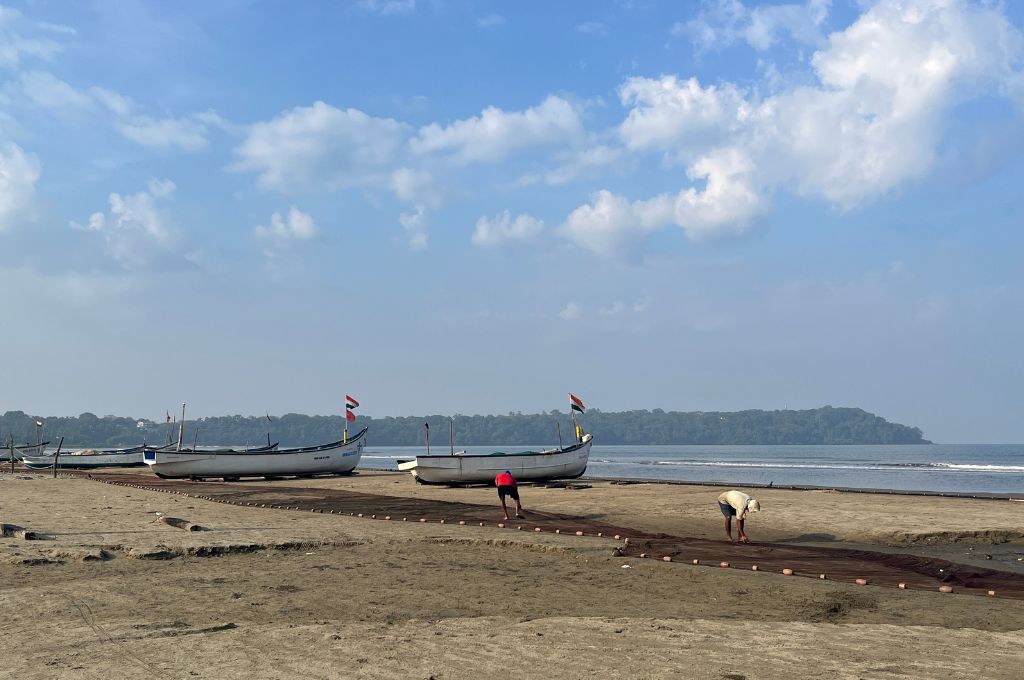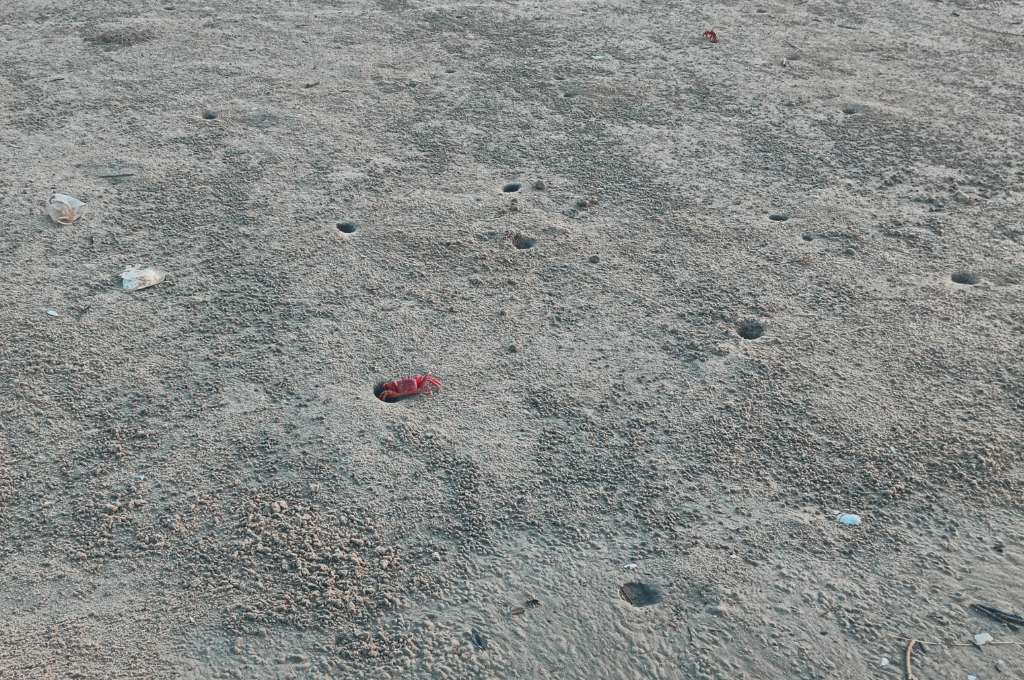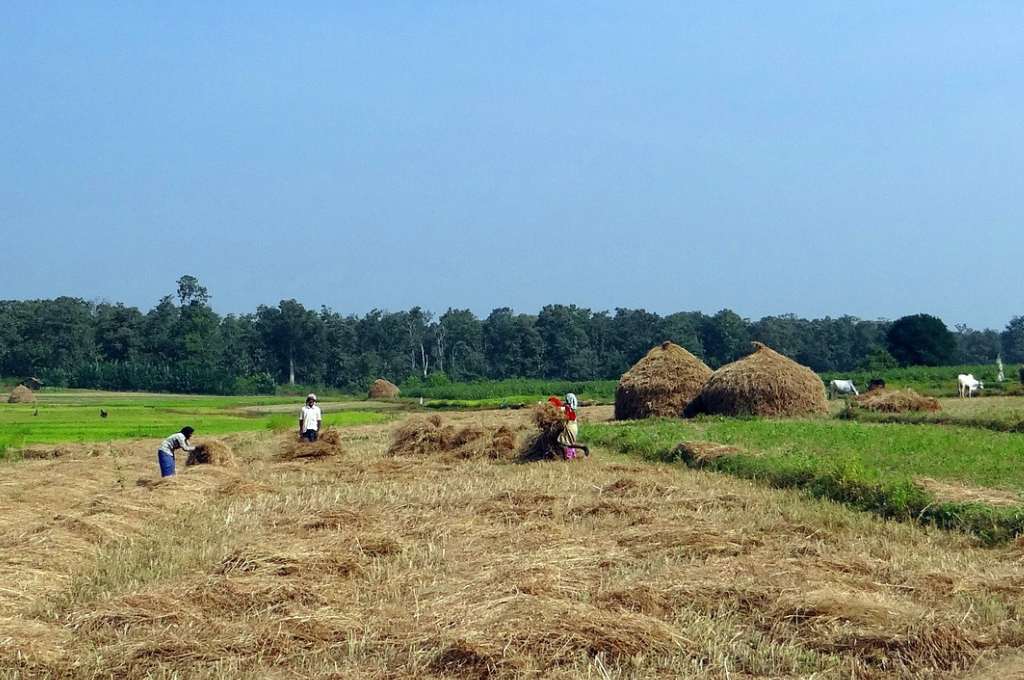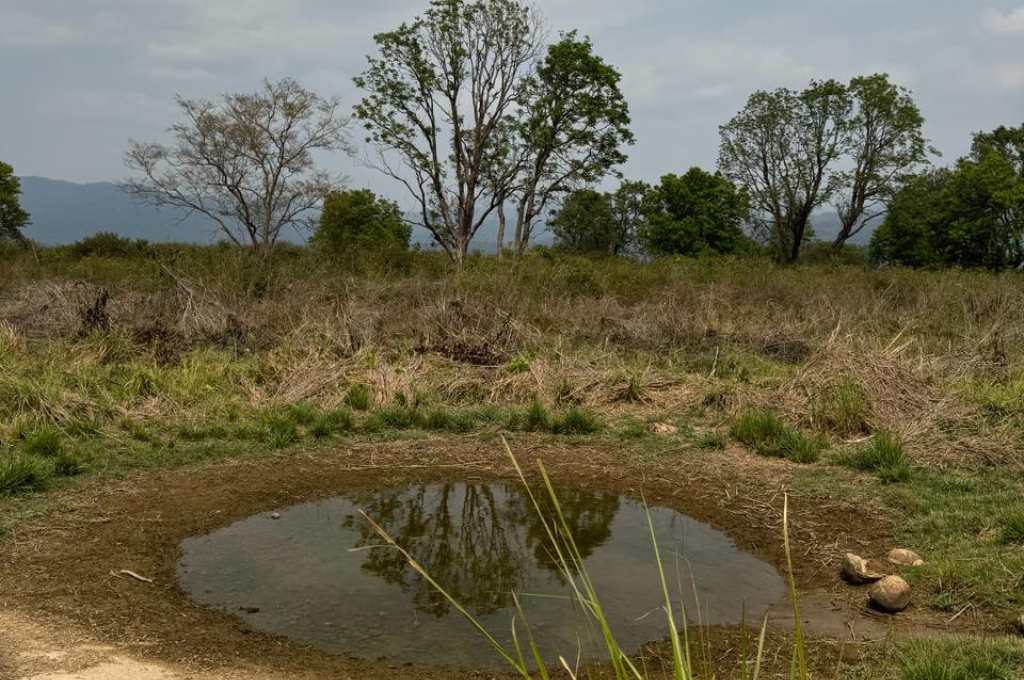From waste to value
Payvihir is a small village that lies at the foothills of the water-scarce region of Melghat in Amravati district of Maharashtra. It is mainly inhabited by members of the Korku tribe and the Balai caste who are mostly dependent on the sale of forest and agriculture produce.
In 2012, the 490 residents of this village gained community forest rights over 192.92 hectares of land under the Scheduled Tribes and Other Traditional Forest Dwellers (Recognition of Forest Rights) Act, 2006.
However, this land was degraded and barren, and the soil was heavily eroded. It called for the prevention of soil water runoff. To address this issue the villagers built a check dam—a small dam constructed across a drainage ditch or channel to lower the velocity of the flow of water. This was followed by the construction of five concrete dams that could store large quantities of water.
Although these dams didn’t require a lot of maintenance in terms of desilting for a few years into their construction, there were several other dams and irrigation tanks around the village that required annual desilting. This was to ensure a healthy, smooth, and controlled flow of water.
Silt can be composed of fine sand, clay, or other material that is carried by running water and deposited as a sediment on the floor of natural or man-made water bodies. Its concentration can increase the risks of evaporation and of algae blooming, which may reduce the amount of water that can be held by the water body.
While silt is mostly treated as waste and disposed close to where it has been dug up from, the residents of Payvihir decided to use it to fertilise their farmland and forest land.
“This experiment paid off and has increased manifold our agricultural productivity. It has not only increased the village’s soil fertility owing to its highly rich carbon, nutrients, and animal excreta content but also reduced our dependence on chemical fertilisers, thereby significantly cutting the cost of production,” says Ramlal, a member of the Payvihir Gram Sabha (village council).
With inputs from Purnima Upadhyay, Founder Member of KHOJ, a nonprofit that works towards promoting coexistence between people, forest, and wildlife in Melghat.
This story is part of a report titled ‘Extraordinary Work Of ‘Ordinary’ People: Beyond Pandemics And Lockdowns’ published by Vikalp Sangam. Vikalp Sangam is a platform for networking of groups and individuals working on alternatives to the currently dominant model of development and governance.
—
Know more: Read about why conservation groups should help Adivasis save forests.



